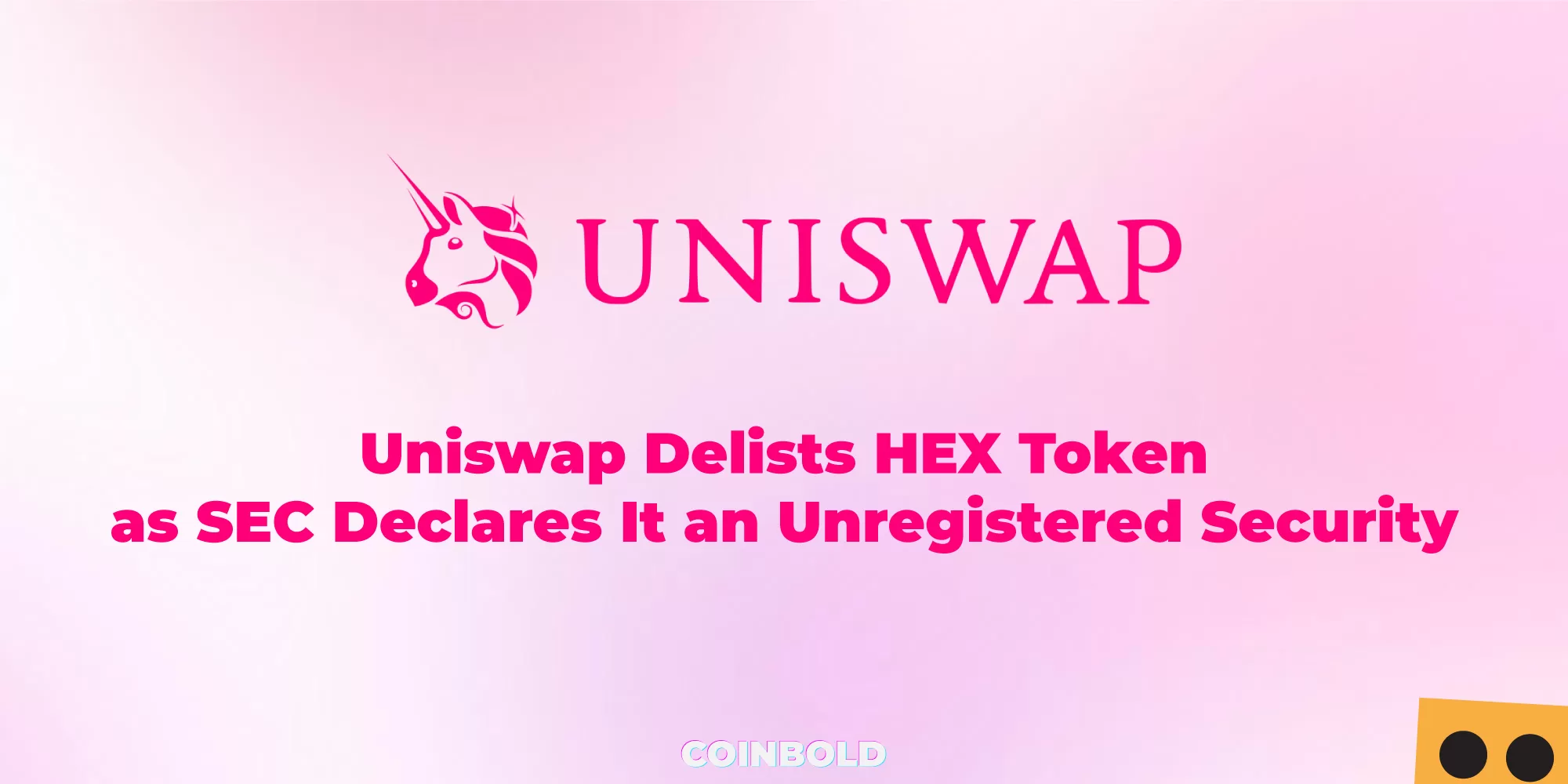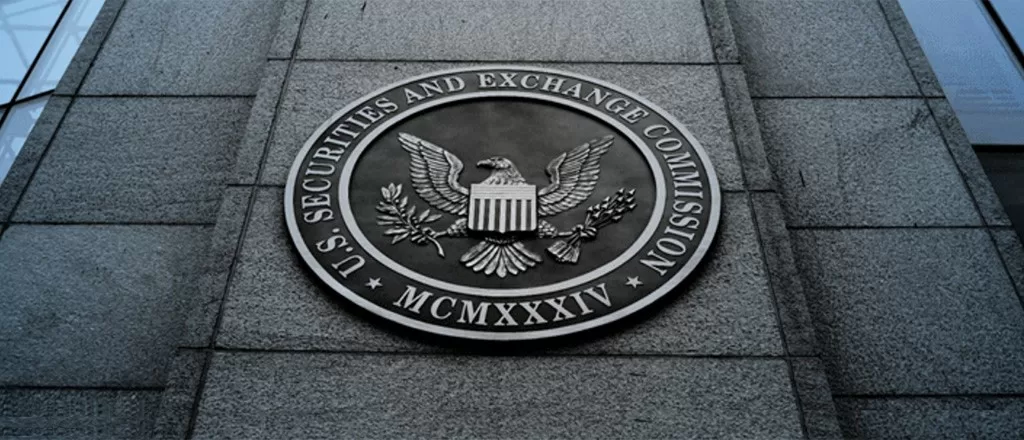The Securities and Exchange Commission (SEC) recently made a significant announcement, classifying the HEX token as an unregistered security. In response to this development, Uniswap, the world’s largest decentralized exchange protocol, has swiftly delisted the HEX token, rendering it unavailable for trading.
Uniswap’s Delisting Decision
On the Uniswap interface, the HEX token now falls under the “unsupported” category, signaling its delisting from the platform. The interface provides a general note citing reasons for delisting, including tokens that violate trademarks, have been linked to scams, or are subject to legal considerations.
While this delisting action occurs at the front-end level, it is essential to note that trading of delisted tokens can still take place using decentralized protocols. Users have the option to utilize alternative hosted websites or interact directly with the underlying protocol’s smart contract.
SEC’s Lawsuit against Richard Schueler
The SEC’s recent lawsuit against Richard Schueler has significant implications for HEX’s status as an unregistered security. The lawsuit targets Richard Heart and his three unincorporated entities – HEX, PulseX, and PulseChain – accusing them of raising over $1 billion through the sale of unregistered securities.
This legal action raises concerns about the legitimacy and compliance of certain cryptocurrency projects, prompting regulatory authorities to assert their stance on investor protection and market integrity.
Impact on HEX’s Future
The SEC’s classification of the HEX token as an unregistered security and Uniswap’s subsequent delisting decision have raised questions about the token’s future prospects. With its trading options restricted on one of the largest decentralized exchanges, HEX’s liquidity and accessibility may be impacted.
It remains to be seen how the HEX community and project developers respond to these developments. The outcome could potentially shape the regulatory landscape for similar crypto projects and provide insights into how exchanges and investors navigate regulatory compliance.
The Role of Decentralized Protocols
The delisting of the HEX token from Uniswap highlights the decentralized nature of the crypto ecosystem. While centralized exchanges follow regulatory requirements and adhere to compliance standards, decentralized protocols provide alternative avenues for trading delisted assets.
Decentralized finance (DeFi) enthusiasts can explore trading opportunities using various decentralized platforms and interfaces. These platforms offer greater autonomy and financial sovereignty to users, but they also require a thorough understanding of the risks associated with interacting with smart contracts and the potential implications of regulatory changes.
Conclusion
The SEC’s declaration of the HEX token as an unregistered security and Uniswap’s subsequent delisting demonstrate the evolving regulatory landscape surrounding cryptocurrencies. As the industry continues to mature, regulatory authorities are stepping up their efforts to protect investors and maintain market integrity.
The HEX community’s response to these developments will be crucial in shaping the token’s future trajectory. Meanwhile, the incident underscores the role of decentralized protocols in providing alternative avenues for trading and highlights the importance of understanding the risks and implications associated with trading on decentralized platforms.
The outcome of this case may influence the approach taken by other crypto projects and exchanges towards regulatory compliance, impacting the broader crypto market. As the regulatory landscape evolves, the industry will witness a dynamic interplay between decentralized finance and regulatory frameworks, shaping the future of crypto adoption and innovation.



